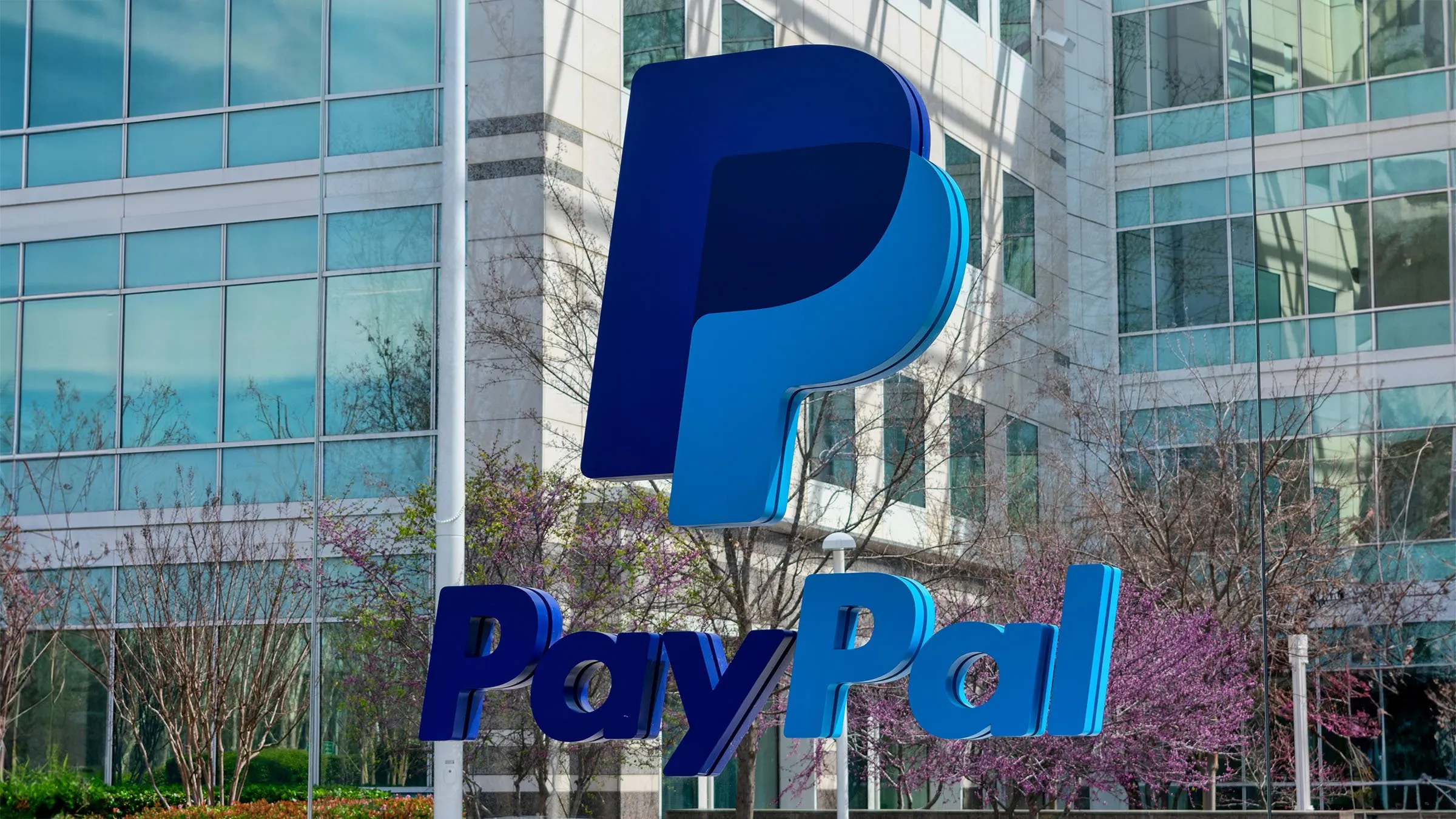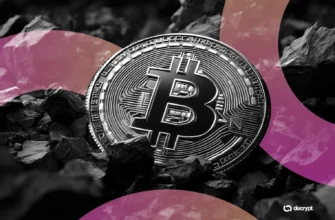
Shortly
- PayPal reports that SEC’s 15-month investigation on PYUSD ended in February, with no actions taken.
- A subpoena for internal documents regarding the stablecoin was served in November 2023.
- It comes at a time when Congress is advancing two bills to regulate U.S.-dollar-backed stablecoins.
PayPal is the result of an investigation by the Securities and Exchange Commission. Stablecoin After two years of scrutiny by regulators, the operations remain unaffected.
Payments giant announced in a document filed on Wednesday that it had been informed by the SEC in February, “closing [this inquiry] without enforcement action.” This effectively ended its investigation of the PayPal USD stablecoin (PYUSD).
PayPal’s quarterly report from the year 2023 stated that the regulator had “asked for documents” related to PayPal’s stablecoin.
Although the specifics were not disclosed, these subpoenas usually seek out internal communications, reserves documentation and legal assessments. These are all standard tools to evaluate potential securities violations.
What is the PYUSD currency?
Paxos Trust has launched a new issue of its Paxos Trust on EthereumPayPal’s PYUSD Stablecoin has been backed by Treasury bills, Dollar Deposits, and Cash Equivalents.
Despite its strong branding, PYUSD initially struggled to gain traction in a market dominated by giants like Tether (The USDTCircle ()USDC).
According to CoinGecko, the stablecoin market cap is now at approximately $880 millions, up from less than $500 million when the year began.
PayPal, in an effort to increase the reach of PYUSD, announced last week a partnership Coinbase, a global cryptocurrency exchange.
This partnership allows users to trade, buy and sell PYUSD without any fees, as well as redeem the stablecoin 1:1 in U.S. Dollars.
SEC pivot continues
The SEC, which has been reorganized under Trump’s administration, is undergoing a regulatory reform.
The dropped probe marks yet another reversal by the SEC as it backs away from the aggressive “regulation-by-enforcement” strategy that defined the former SEC chair Gary Gensler’s era.
The agency, now led by a new crypto task force headed up by Commissioner Hester Perrice, has softened their stance. They have recently closed cases against Coinbase and Robinhood Crypto as well as Uniswap Labs and NFT market place OpenSea.
Bipartisan focus on stablecoins
In addition to the SEC decision, lawmakers are also intensifying efforts to regulate this sector.
The House Financial Services Committee passed the STABLE Act in early April. It would have required dollar-backed coins to be collateralized fully, redeemable and only issued by entities that are approved under federal oversight.
The Senate’s GENIUS Act has also been approved by committee. It proposes a two-track system that would allow both federally and state chartered issues to operate.
The bills differ in their approach to the amount of power that state regulators are allowed to retain.
The bipartisan push to regulate stablecoins is a sign of urgency, even though neither bill has become law.


